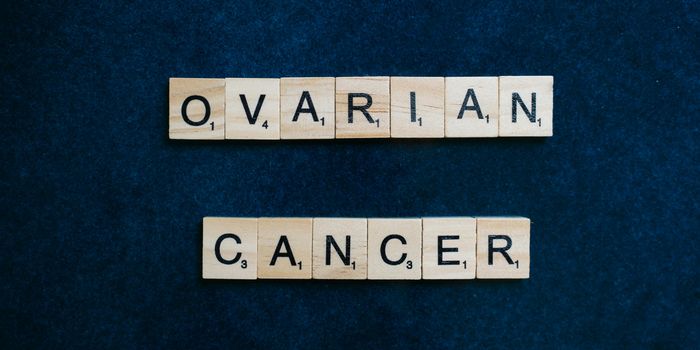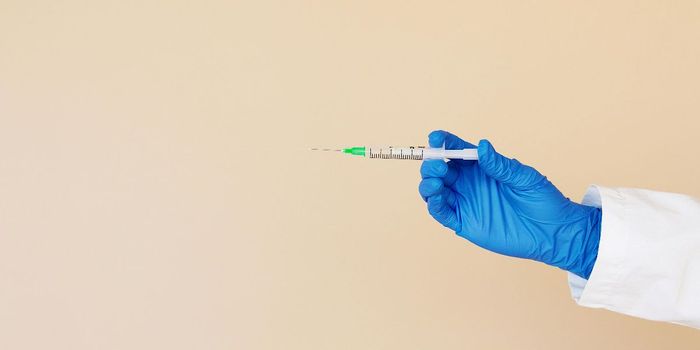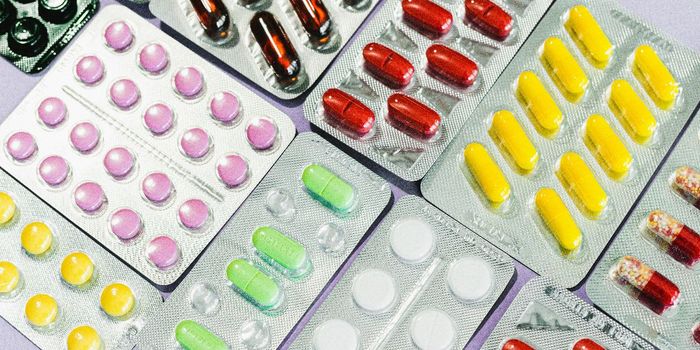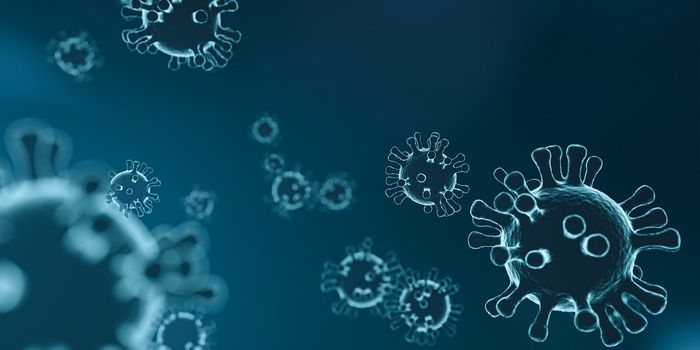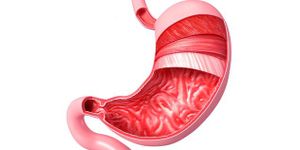Possible Therapeutic Drugs for Inherited Form of ALS
Roughly 20,000 people in the United States are diagnosed with Lou Gehrig’s Disease, better known as amyotrophic lateral sclerosis (ALS).
ALS is a fatal disease that kills the nerve cells responsible for walking, eating and breathing; and few people survive beyond three years after initial diagnosis. Currently, patients with ALS have little options for treatment with only two drugs, as of now, are approved by the Food and Drug Administration (FDA). These drugs are shown to only modestly slow the course of the disease.
However, new research led by Washington University School of Medicine in St. Louis provides an investigational therapy for an inherited form of ALS which extends beyond survival and reverses signs of neuromuscular damage in mice and rats. These research findings, published in The Journal of Clinical Investigation, have led to a phase one/two clinical trial to examine whether the drug could benefit people with ALS whose disease is caused by mutations in a gene called SOD1.
"This drug had an impressive effect in mice and rats with just one or two doses," said Timothy Miller, MD, PhD, the David Clayson Professor of Neurology at Washington University. "We don't know yet if this works in people, but we're very hopeful. We've completed the first phase of safety testing, and now we're working on finding the right dose."
Of all diagnoses of ALS, about 10 percent of the cases are inherited and a fifth of such cases are caused by mutations in the gene SOD1. These mutations alter the production of the SOD1 protein allowing it to be overly active, suggesting that a reduction in SOD1 protein levels can help ALS patients survive with SOD1 mutations.

Collaborating with Ionis Pharmaceuticals, Miller and colleagues tested DNA-based compounds that inhibit the body from producing the SOD1 protein. The specifically tested compounds known as antisense oligonucleotides, oligos for short, in genetically modified animal models designed to carry the mutated form of the human SOD1 gene. These animals began to develop issues walking and feeding themselves by just a few months old.
The mice were administered an anti-SOD1 oligo or a placebo at day 50 with a second dose at six weeks after initial treatment. Observational analysis showed that the mice administrated the active drug maintained their weight 26 days longer living 37 days longer than those given the placebo, with an increase in life span of 22 percent.
For comparison analysis, the investigators examined the treatment in rats. Results indicated that rats, after that receiving an active oligo, fared much better than the rats that received the placebo. Overall, their weight was maintained nine weeks longer with a survival of eight to nine weeks longer.
Now, a clinical trial is in the works that will be designed to evaluate the safety and efficacy in using the oligos in people. The initial safety testing did not indicate any obvious hazards. However, researchers are testing different doses and regimens that will seek to find the most effective way to decrease SOD1 levels without resulting in unacceptable side effects.
"The phase one/two trial is really still a safety trial," Miller said. "There are not enough patients in it to really be able to accurately see an effect on disease. But we're on the cusp of testing the hypothesis that people with ALS caused by mutations in SOD1 can benefit from this treatment. We predict the effect will be good, but we can't know until we test it."
More information about the trial (number NCT02623699) can be found at clinicaltrials.gov.
Source: Washington University School of Medicine

